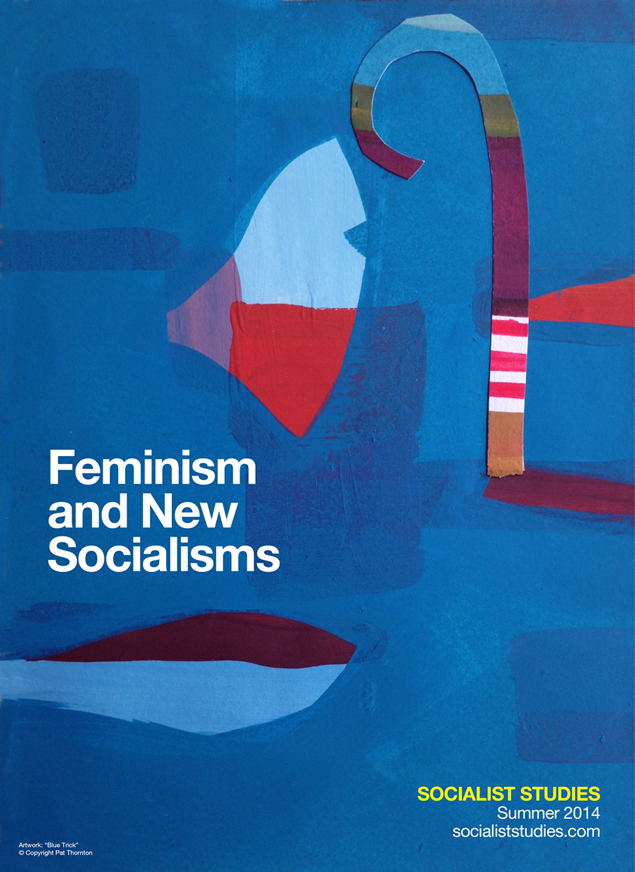Note on Stuart Hall’s “Cultural Identity and Diaspora”
DOI:
https://doi.org/10.18740/S4QP4SKeywords:
cultural identity, representation, essentialism, colonialism, raceAbstract
For some Marxists, issues of culture, identity and representation are secondary. In this research note, I analytically reflect on Stuart Hall’s (1996) canonical essay “Cultural Identity and Diaspora,” which stresses that these are significant concerns for anyone struggling for liberation. In his essay, Hall explicates two definitions of "cultural identity." The first is an essentialist identity, which emphasizes the similarities amongst a group of people. Hall argues that this definition can and does inspire feminist, anti-colonial and anti-racist art and activism, but cannot help us comprehend the trauma of colonialism. The second definition emphasizes the similarities and the differences amongst an imagined cultural group. Hall asserts that this definition is useful for understanding the trauma of colonialism because it emphasizes the historical and social contingency of identity. By using this definition in our analysis of power and normalization, we are better able to scrutinize historical and contemporary colonial relations and to struggle against them.Downloads
Published
Issue
Section
License
Copyright: Authors who publish in the Journal agree to the following terms: 1)Authors retain copyright and grant the Journal the right of first publication with the work simultaneously licensed under a Creative Commons Attribution License that allows others to share the work with an acknowledgement of the work's authorship and initial publication in the Journal; and, 2)Authors are able to enter into separate, additional contractual arrangements for the non-exclusive distribution of the Journal's published version of the work (eg post to an institutional repository or publish it in a book), with an acknowledgement of its initial publication in the Journal.






